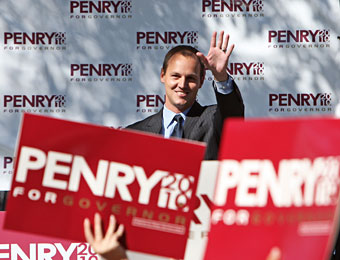
DEMOCRATS
REPUBLICANS
95%
5%

(D) J. Hickenlooper*
(R) Somebody
80%
20%


(D) M. Dougherty
(D) Jena Griswold
60%↑
40%↑


(D) Brianna Titone
(D) Jeff Bridges
(R) Kevin Grantham
40%
40%
30%

(D) Diana DeGette*
(R) Somebody
90%
2%

(D) Joe Neguse*
(R) Somebody
90%
2%

(R) Jeff Hurd*
(D) Somebody
80%
40%

(R) Lauren Boebert*
(D) Somebody
90%
10%

(R) Jeff Crank*
(D) Somebody
80%
20%

(D) Jason Crow*
(R) Somebody
90%
10%

(D) B. Pettersen*
(R) Somebody
90%
10%

(R) Gabe Evans*
(D) Manny Rutinel
(D) Yadira Caraveo
45%↓
40%↑
30%

DEMOCRATS
REPUBLICANS
80%
20%

DEMOCRATS
REPUBLICANS
95%
5%

(D) J. Hickenlooper*
(R) Somebody
80%
20%


(D) M. Dougherty
(D) Jena Griswold
60%↑
40%↑


(D) Brianna Titone
(D) Jeff Bridges
(R) Kevin Grantham
40%
40%
30%

(D) Diana DeGette*
(R) Somebody
90%
2%

(D) Joe Neguse*
(R) Somebody
90%
2%

(R) Jeff Hurd*
(D) Somebody
80%
40%

(R) Lauren Boebert*
(D) Somebody
90%
10%

(R) Jeff Crank*
(D) Somebody
80%
20%

(D) Jason Crow*
(R) Somebody
90%
10%

(D) B. Pettersen*
(R) Somebody
90%
10%

(R) Gabe Evans*
(D) Manny Rutinel
(D) Yadira Caraveo
45%↓
40%↑
30%

DEMOCRATS
REPUBLICANS
80%
20%

DEMOCRATS
REPUBLICANS
95%
5%
 September 03, 2024 12:28 PM UTC
September 03, 2024 12:28 PM UTC 2 Comments
2 Comments Jesse Paul and Brian Eason of the Colorado Sun
Jesse Paul and Brian Eason of the Colorado Sun 
I see rocks and hard places here.
The state Senate's defeating the special session resolution on statewide property tax measures (with local options) to me showed there could be a difficulty getting at least a constitutional amendment passed at 55%. Maybe legislators of the future can come up with another solution to disincentivize ballot measures like 50 and 108, but I seriously doubt asking voters to somehow curtail their ability to run measures like that will be immensely popular.
There's the notion that it might be necessary to let measures like 50 and 108 move forward but flame out at the ballot box, in order to show proponents that they can suffer expensive and painful defeat and can't always just play chicken with the legislature. But that's a really risky approach, since Colorado history has sort of proven that statewide tax-cutting initiatives are usually popular. I do believe most Coloradans have some appreciation for public services that property taxes pay for, but would that overshadow a chance for voters in the privacy of their own home to give themselves a nice little tax break by filling in a little bubble with blue ink while not worrying about anyone else's red ink?
I hope Colorado Democrats will develop a common approach to better set parameters on who has power to decide on tax schemes to generate revenue.
Balancing between the choices of
Mandating sunset provisions for statutory laws and initiatives, re-defining the required majority to put something into the Constitution, and insisting any initiative or referendum changes be voted on in general elections [preferably those with a Presidential turnout] ought to be starting points.